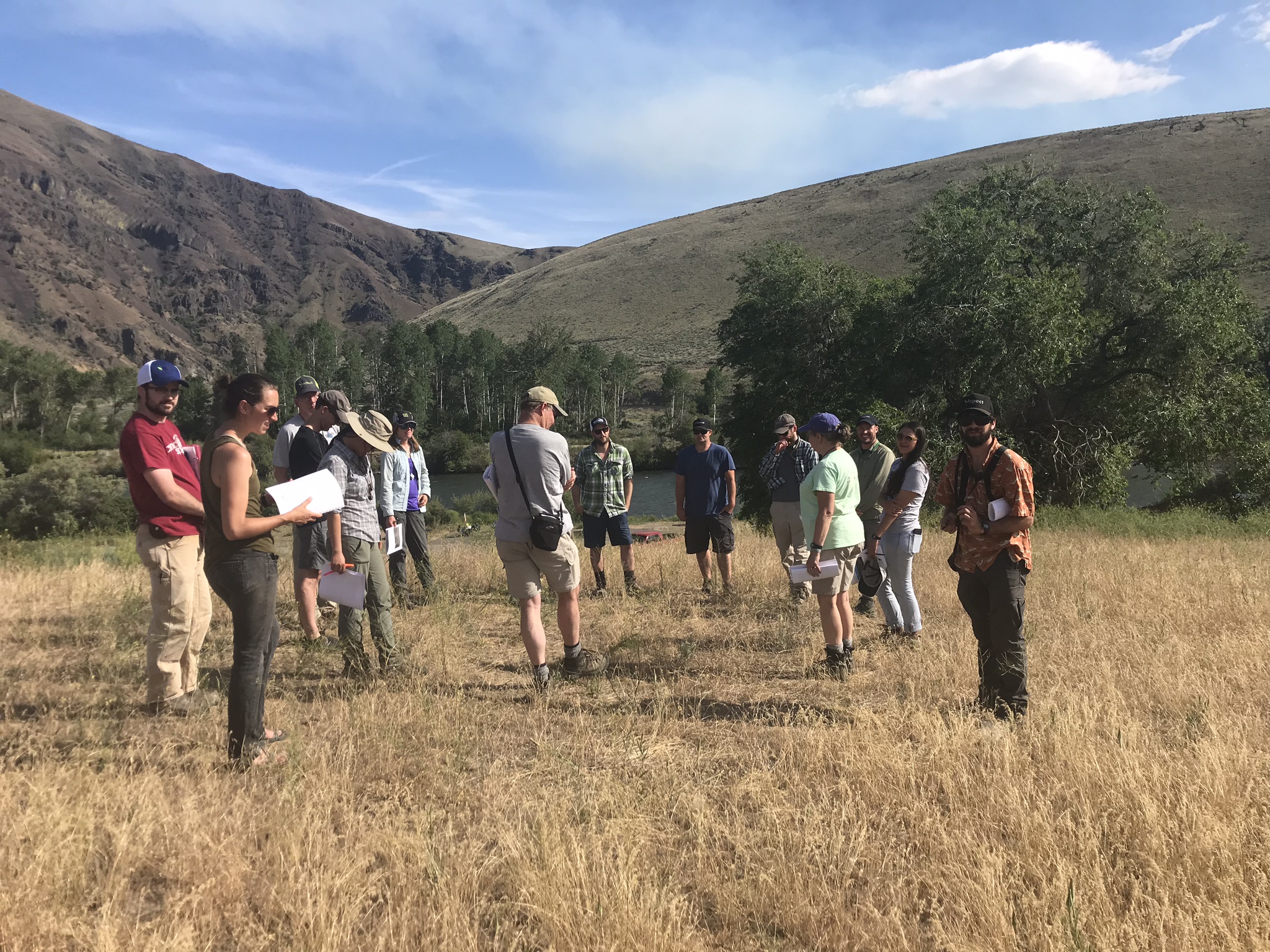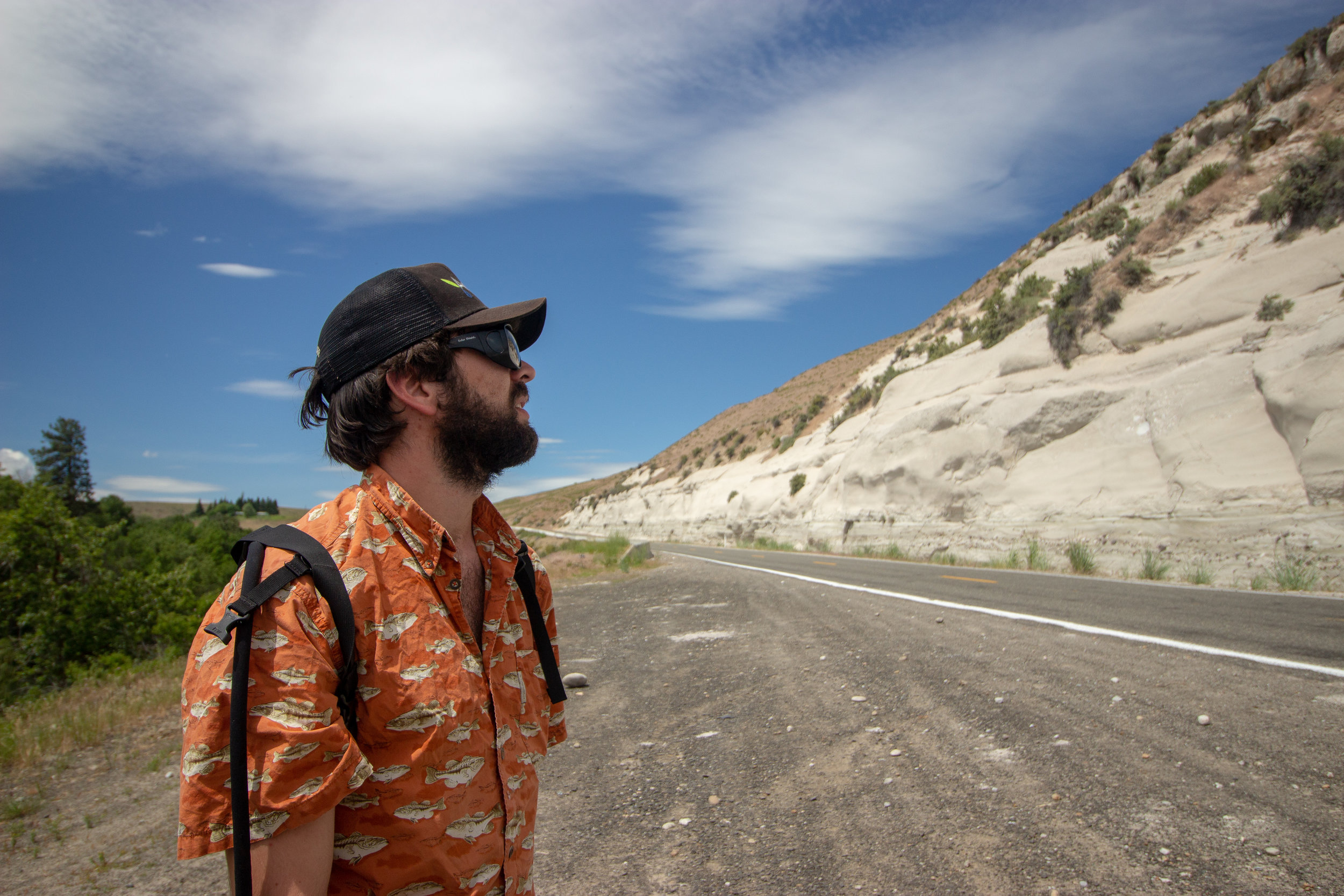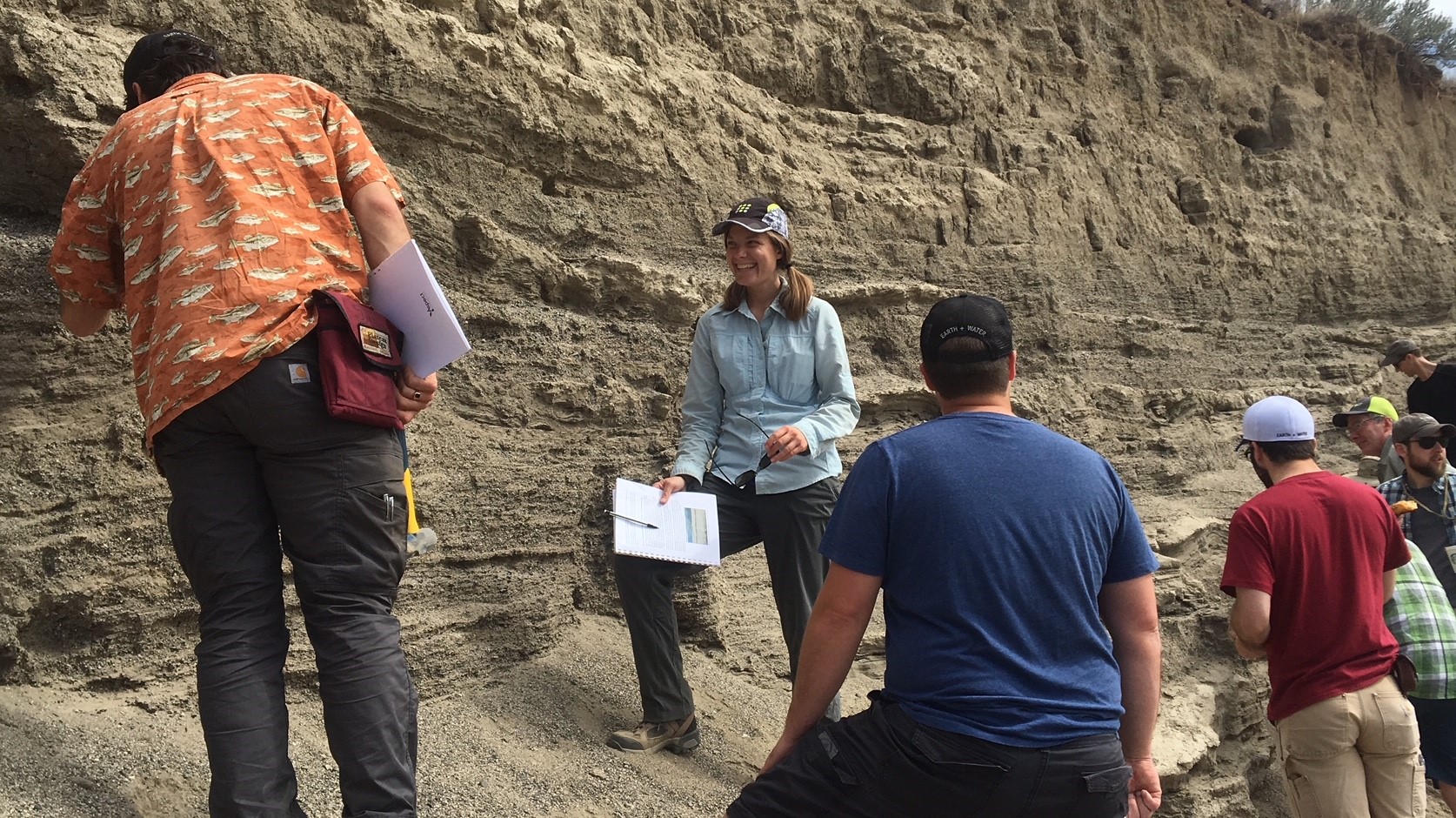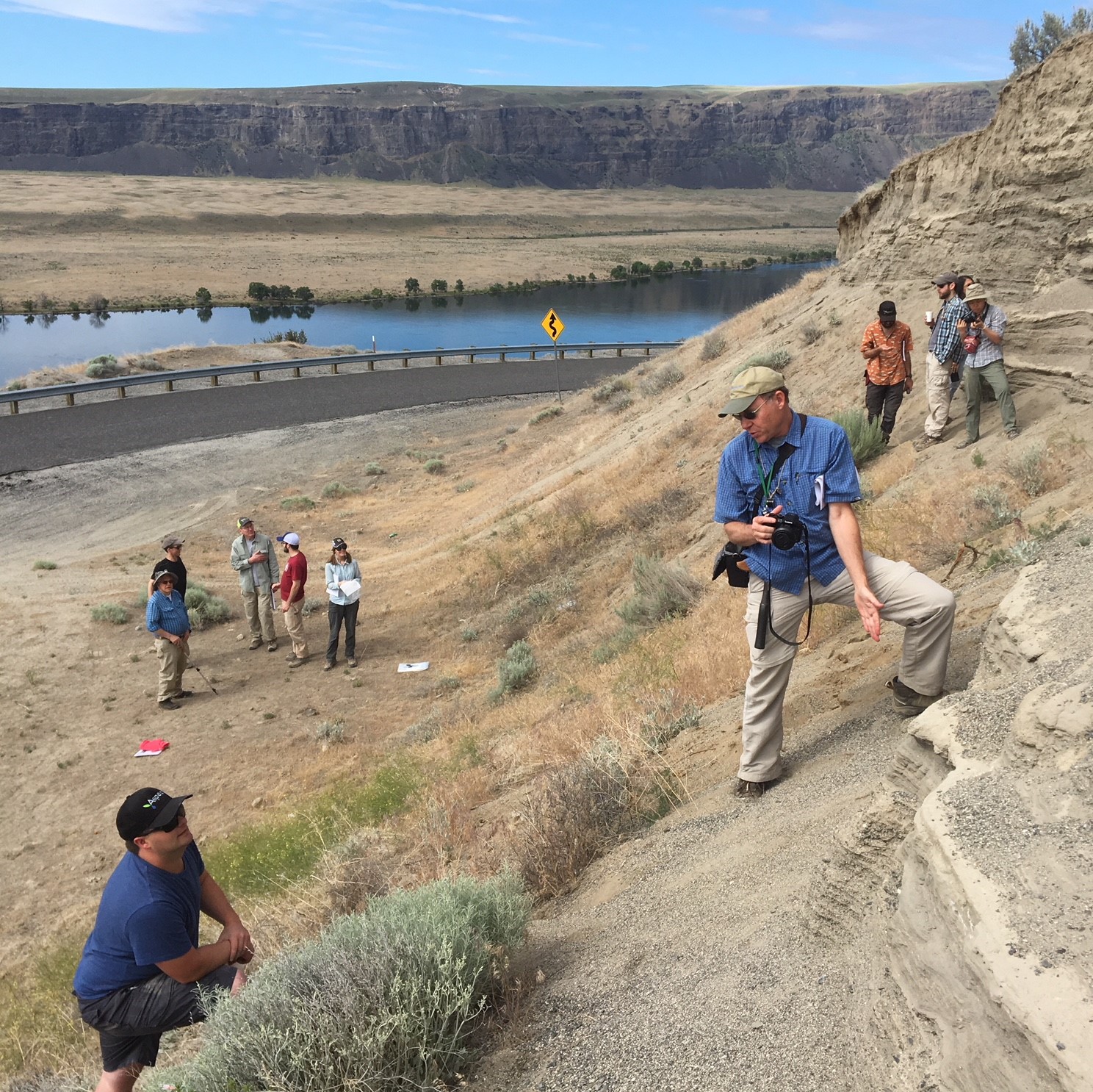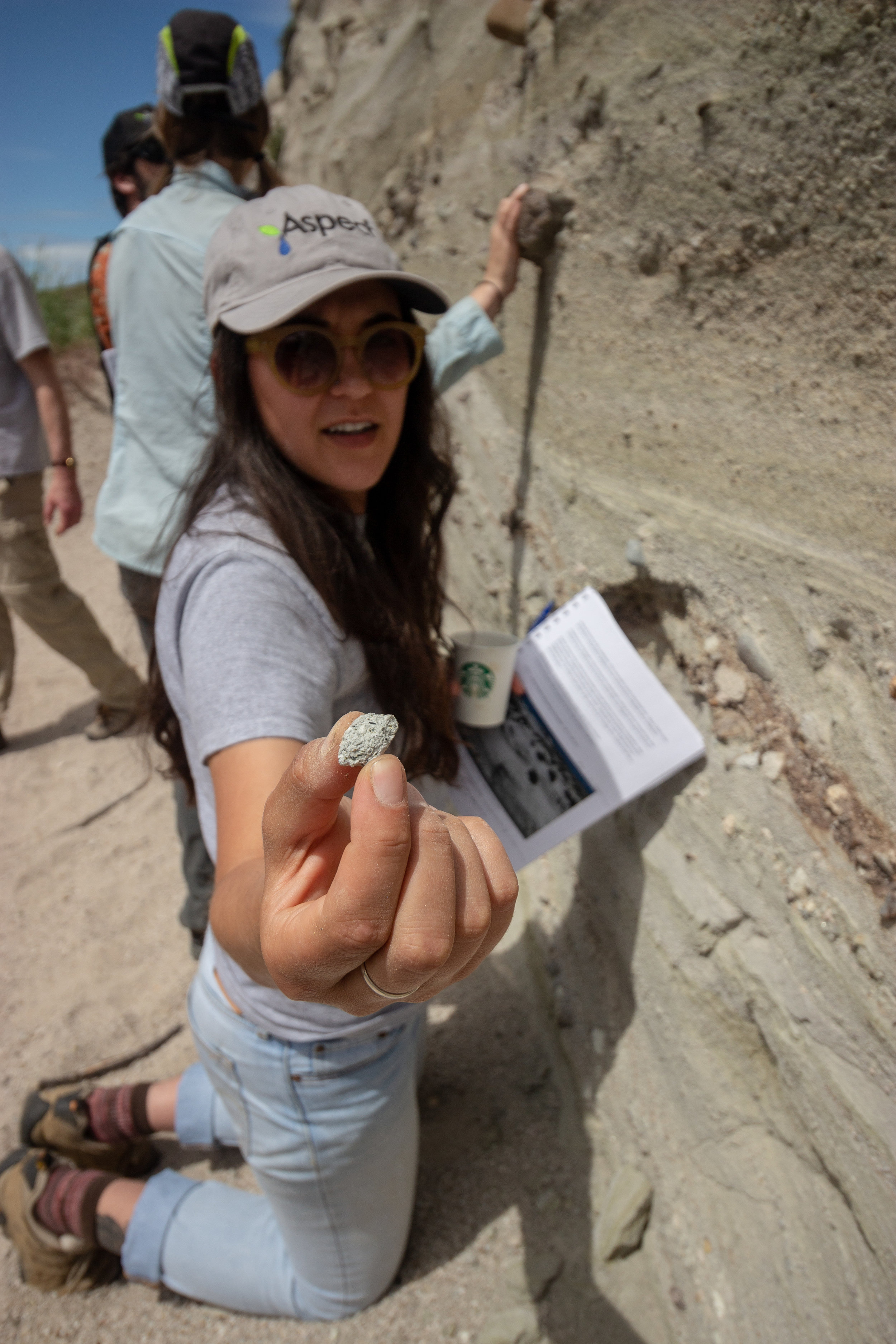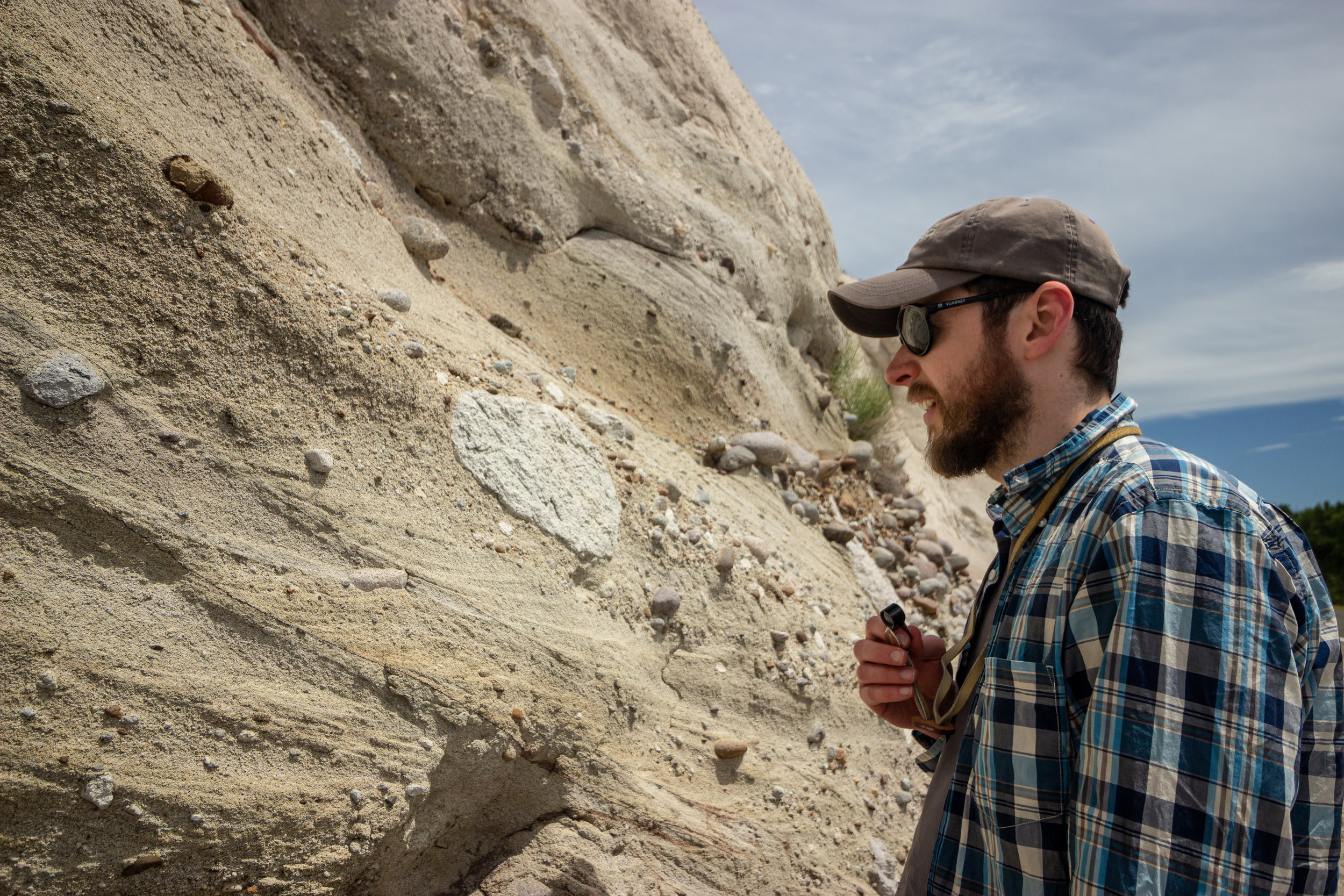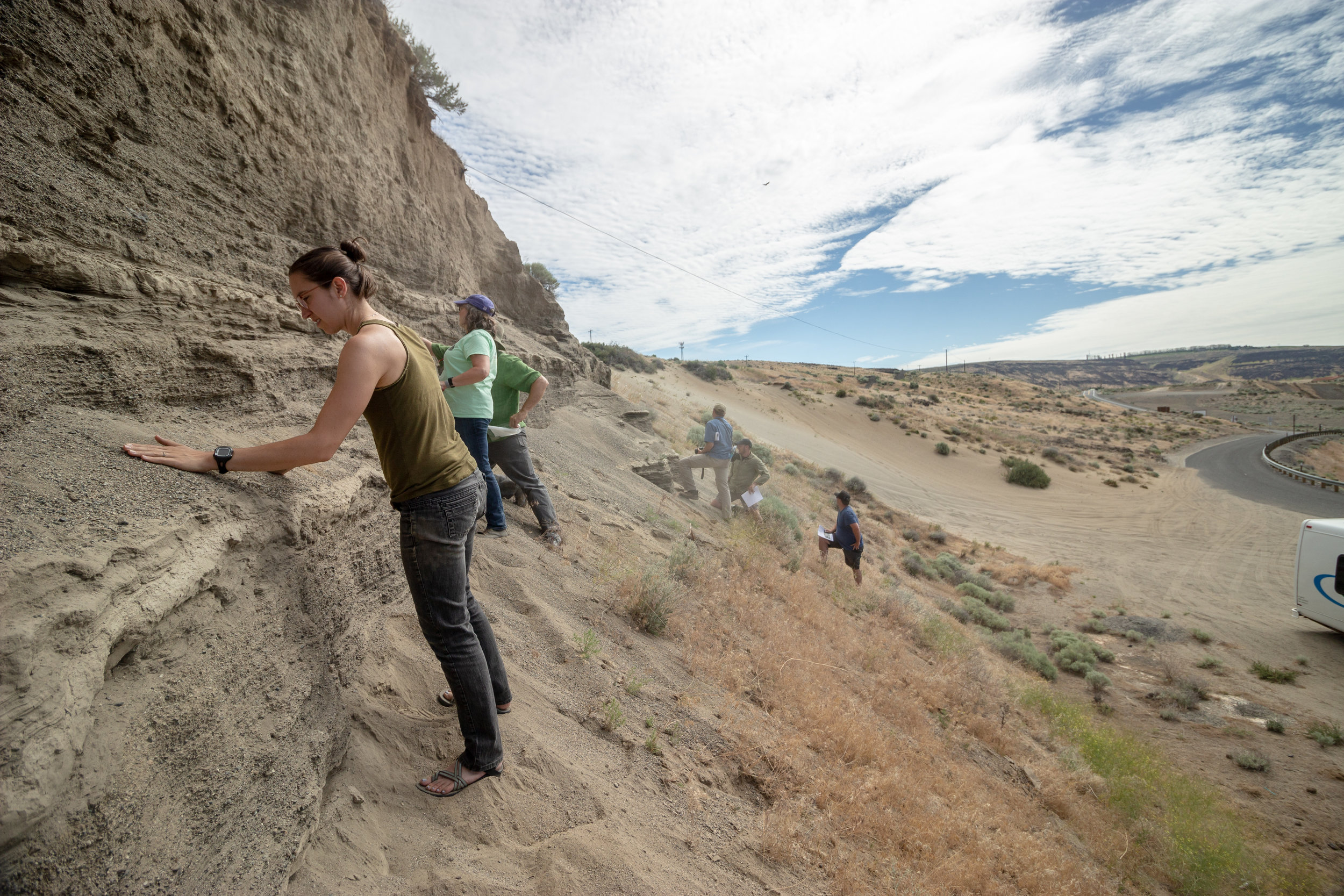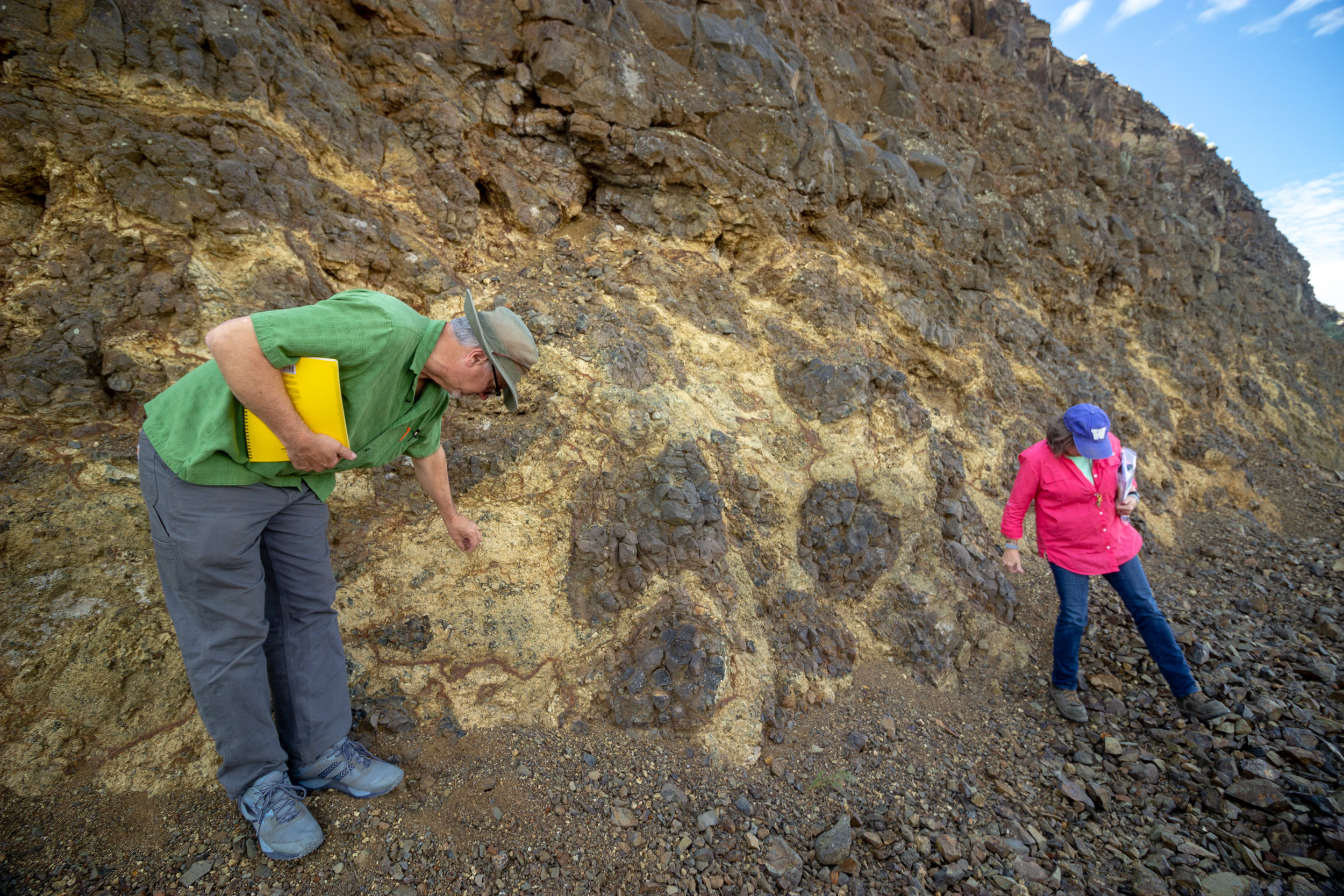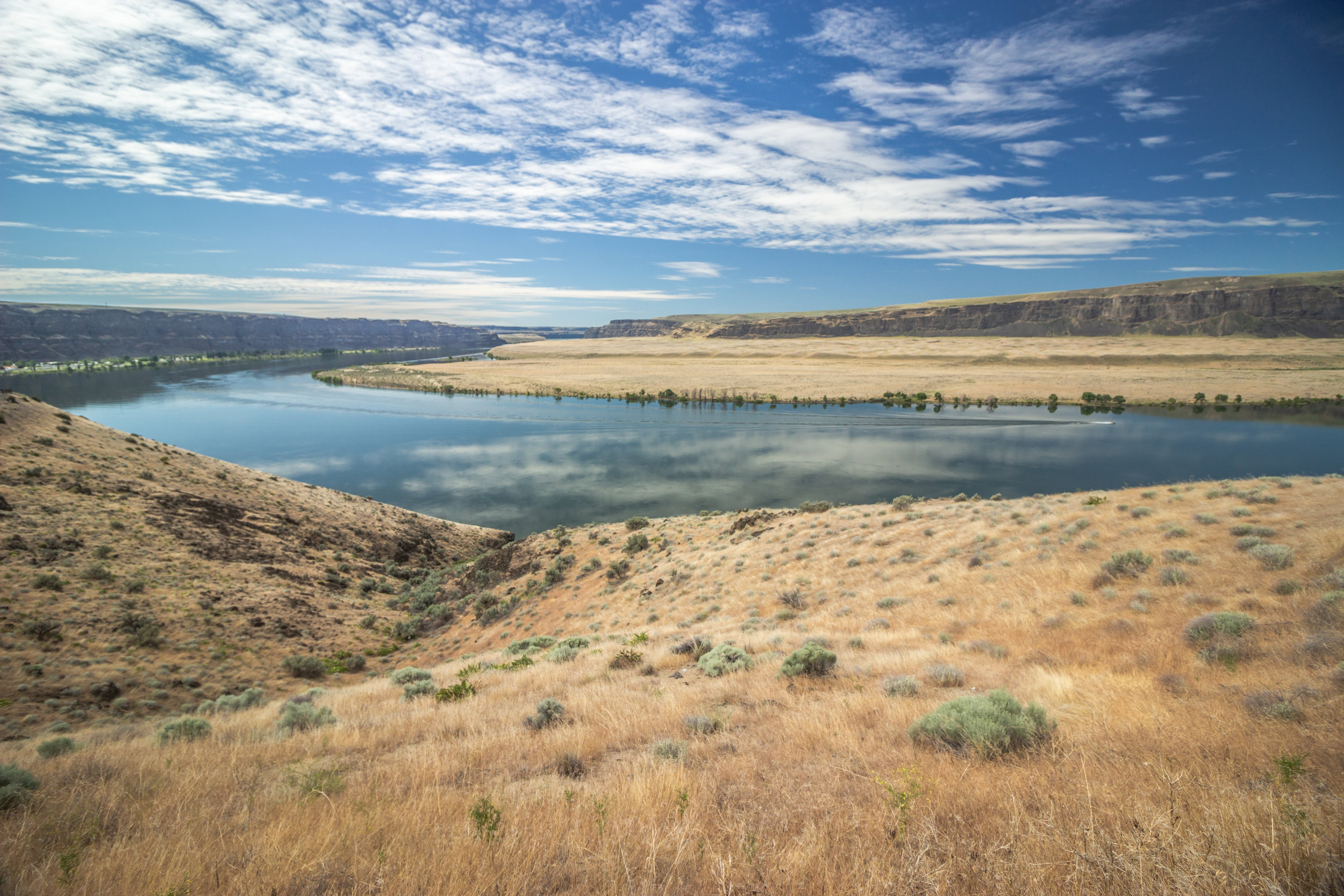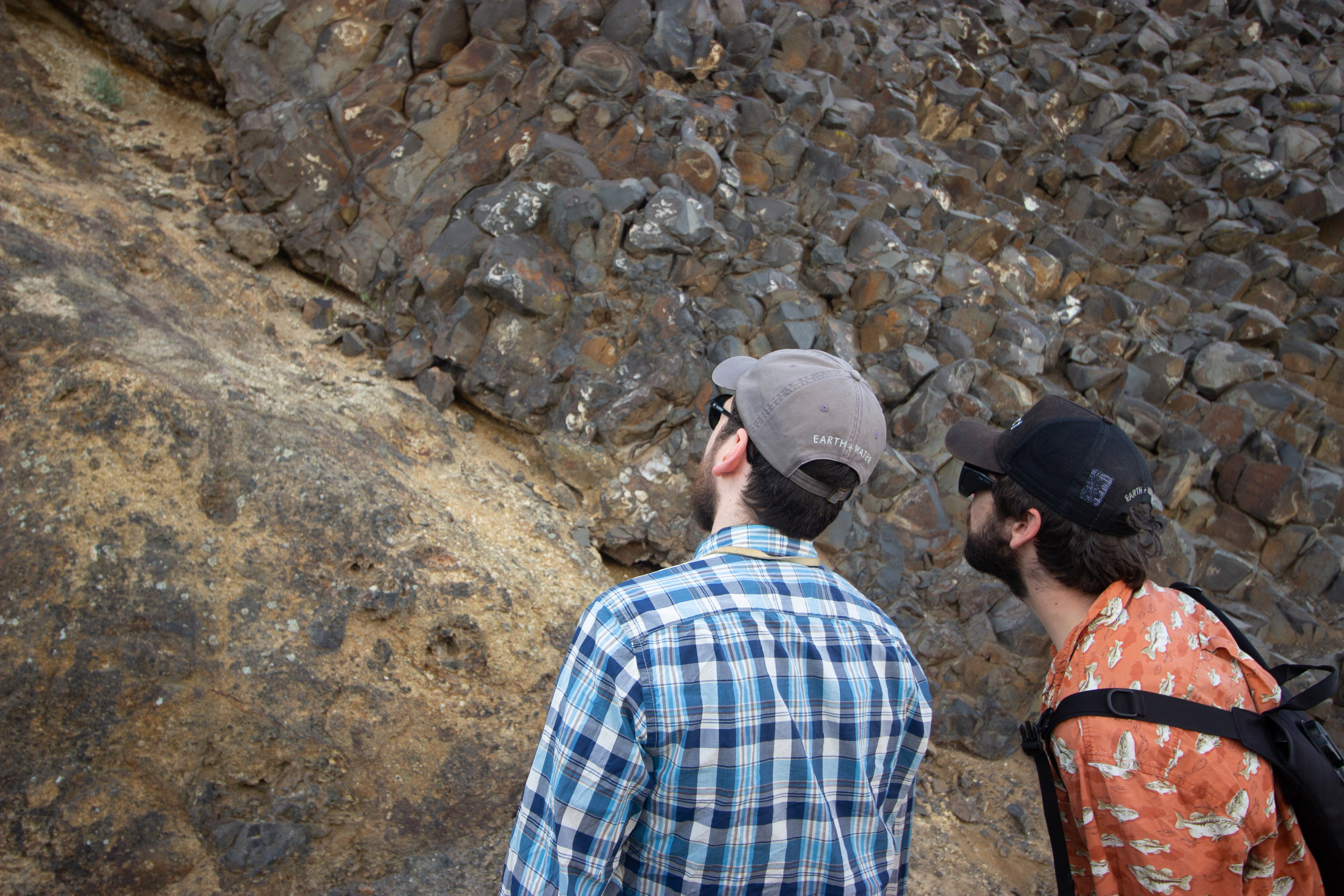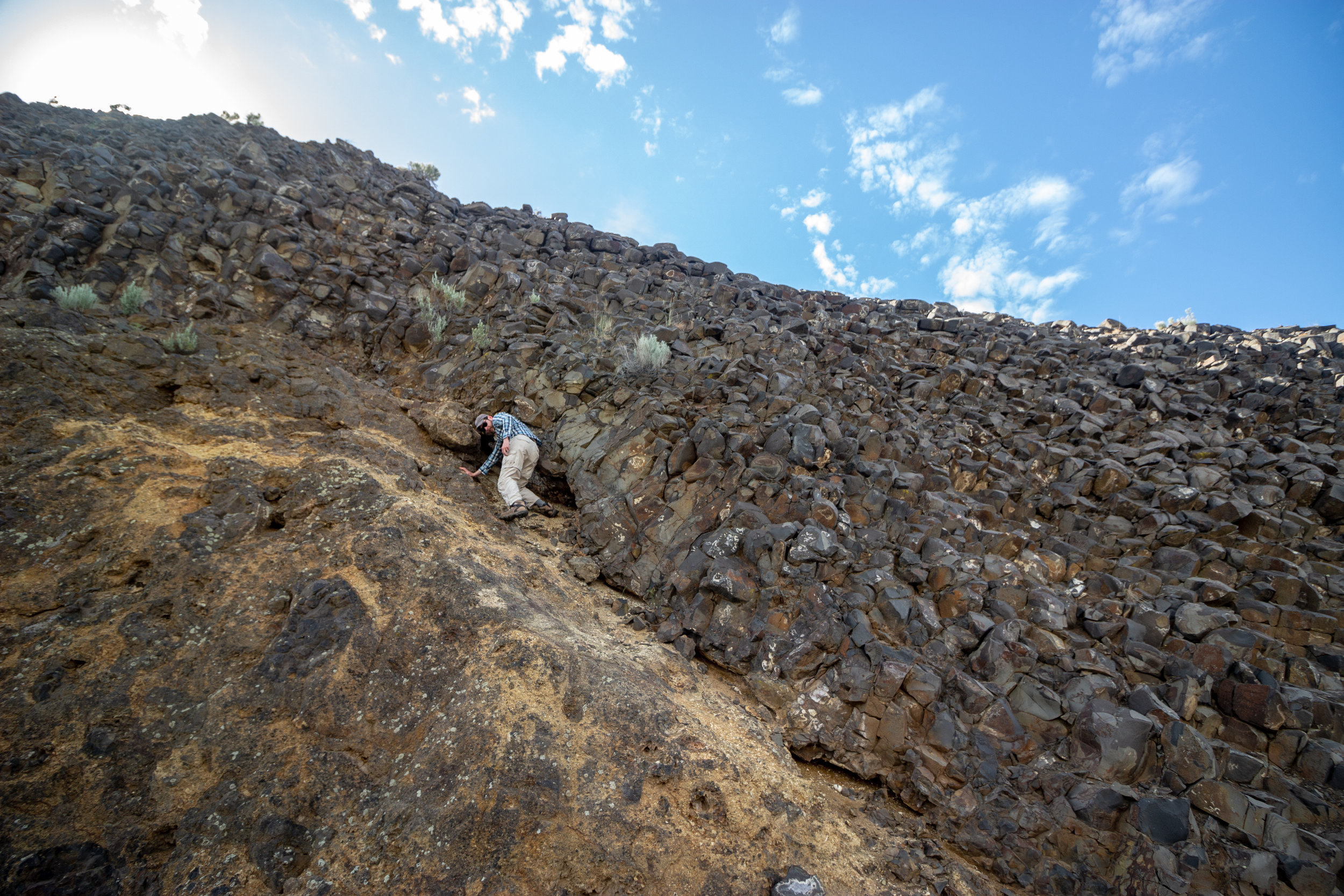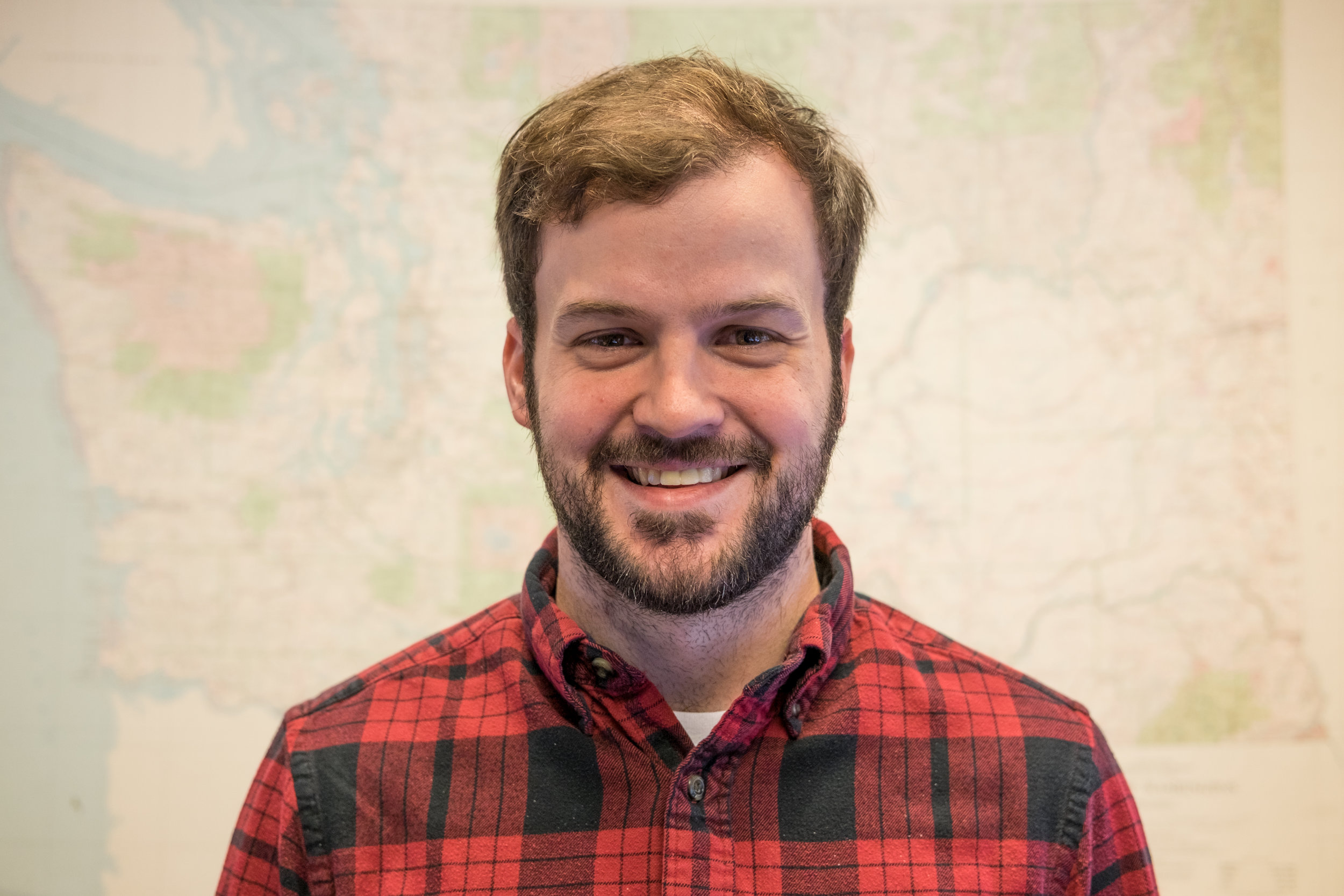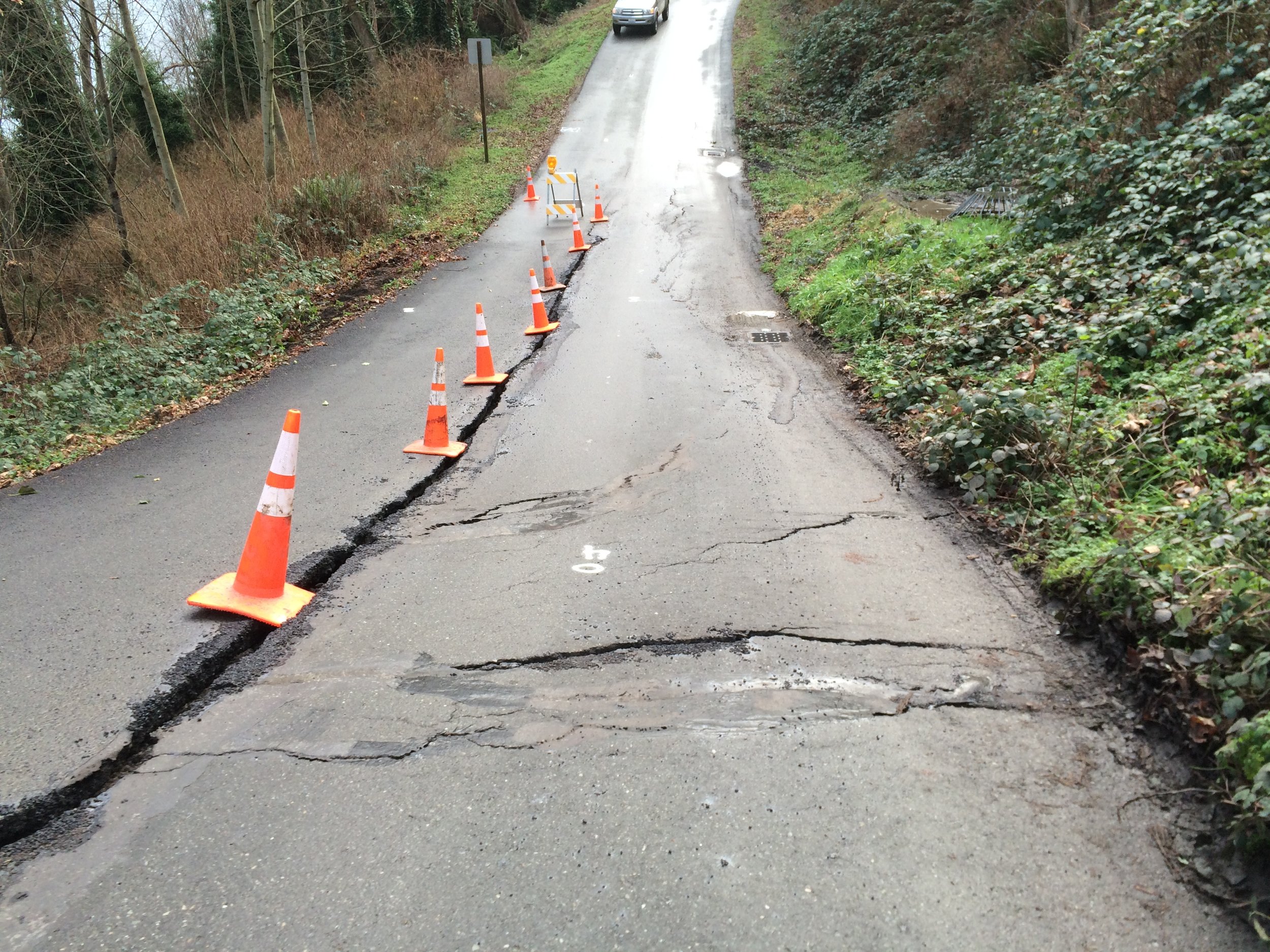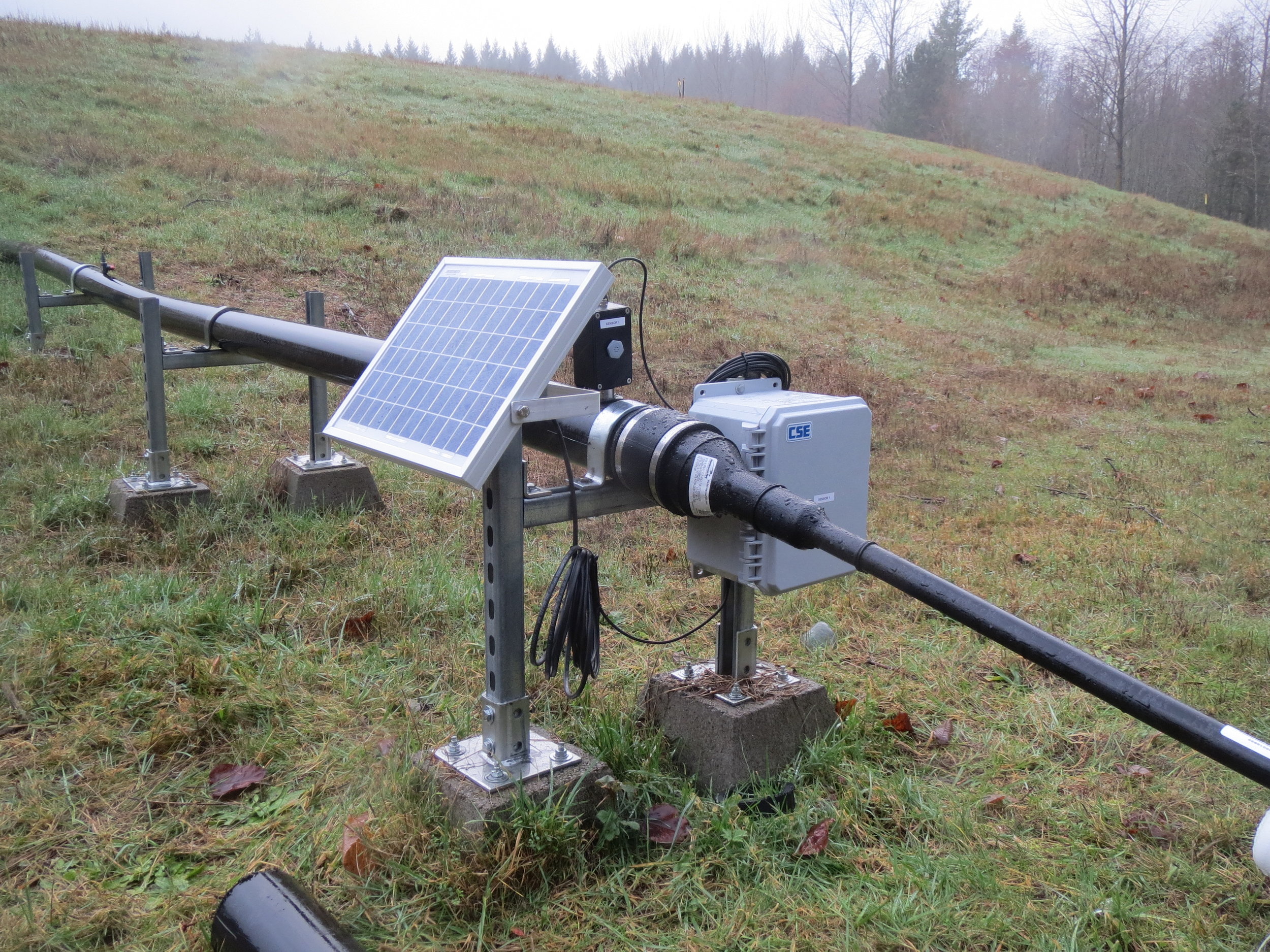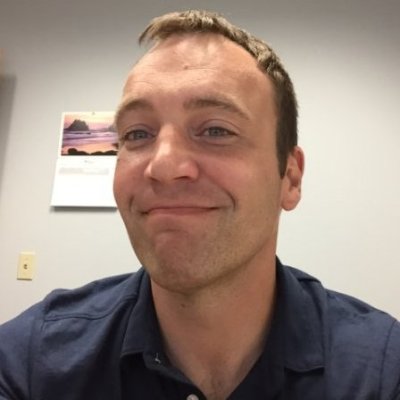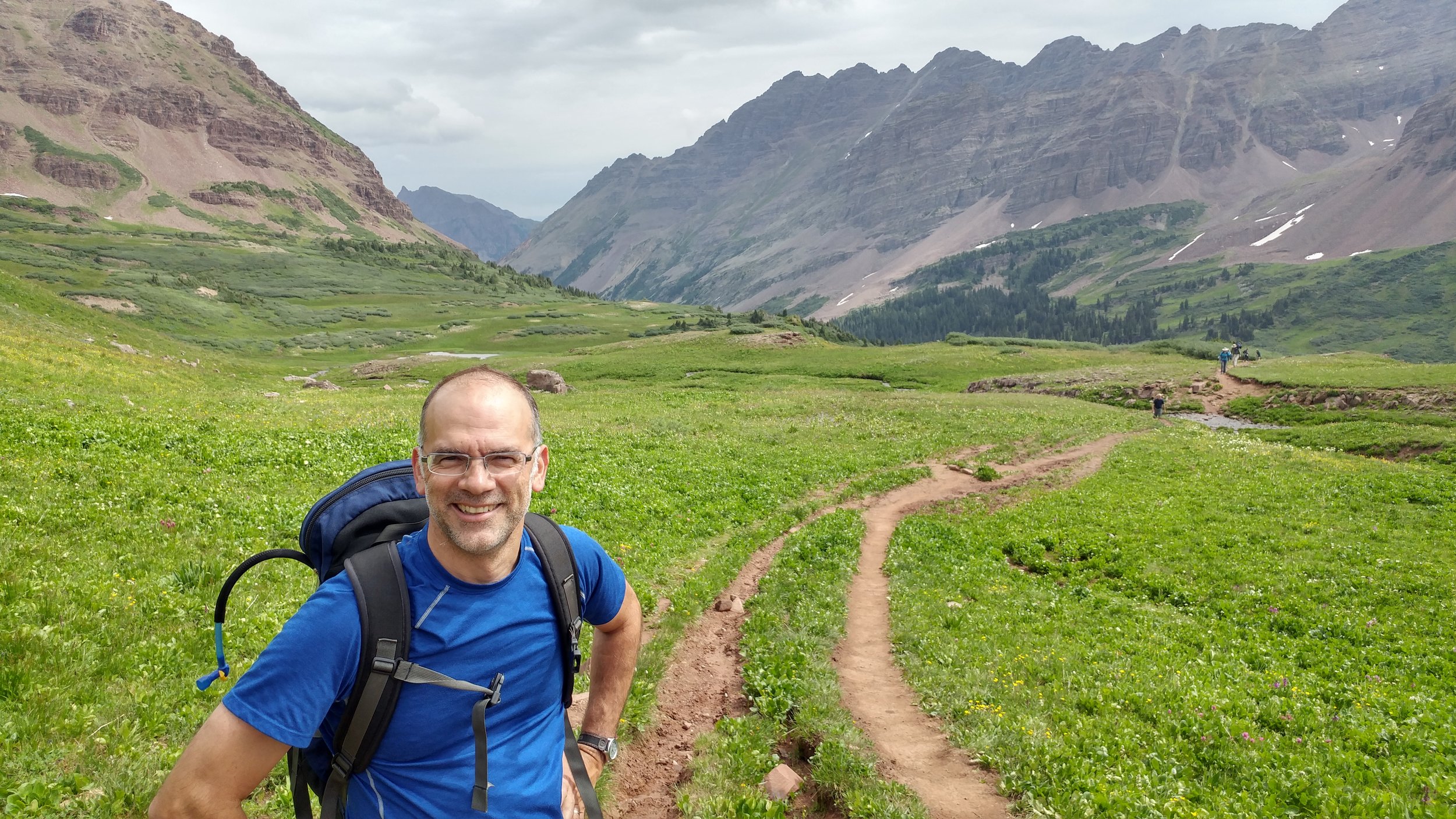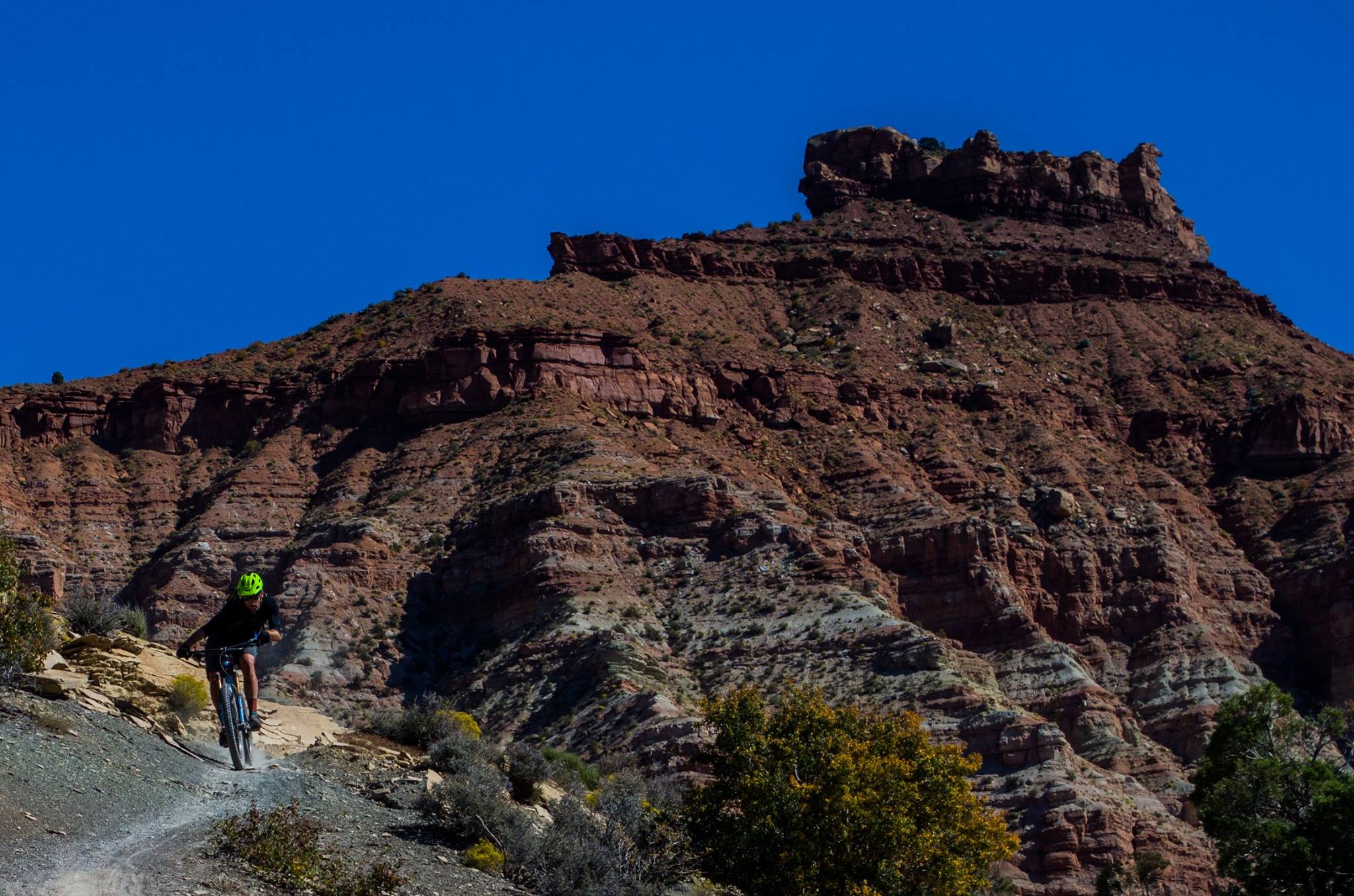Today, the Seattle Daily Journal of Commerce (DJC) published a great overview of the new Washington State Healthy Housing Program and the inspiration for the program - Mt. Baker Housing's $55 million Maddux project. Check it out.
Does your firm want help turning brownfields into affordable units?
Ecology wants to offer grants to get brownfields cleaned up and reused, and is seeking applications from developers until Saturday.
By BENJAMIN MINNICK
Journal Construction Editor
There are thousands of blighted properties across the state that could be redeveloped to create more affordable housing, but contamination on these sites has mostly kept developers at bay.
Now the state and its consultants are testing a way to get more of these sites developed. The Healthy Housing Remediation Program provides grants to help affordable housing developers build on brownfields.
The departments of Ecology and Commerce created the program. To gauge interest, they are seeking applications from developers until Saturday. The list of firms that respond will be used to develop Ecology's 2019–21 cleanup budget plan and to demonstrate funding needs for the Legislature to consider during the 2019 session.
Dave Cook of Aspect Consulting, one of the consulting firms, said affordable housing developers face high property costs, water rights issues and Growth Management Act restraints. He said this program will help fund remedial investigation studies and site cleanup to make blighted properties more attractive to developers.
The program was inspired by Mt. Baker Housing's $55 million Maddux project, which is slated for a site on South McClellan Street, east of Martin Luther King Jr. Way South and near the Mount Baker light rail station.
Maddux will have two buildings with 144 apartments that are affordable to people earning up to 60 percent of the area median income. Nearly half of the units will be “family-size,” with two- and three-bedroom layouts.
Mt. Baker Housing will use $6.2 million in state funds to clean up contamination from a gas station and dry cleaner. The nonprofit signed an agreement last year with Ecology that lays out the cleanup plan, and Ecology provided $400,000 for initial studies.
“We've been in the Mount Baker neighborhood a long time and these five properties always intrigued us — but we knew conventional options to develop the site were limited,” said Conor Hansen, director of real estate at Mt. Baker Housing, in a news release. “Once we learned about the opportunity to work with the Department of Ecology and play a part in creating a new innovative model, we believed this site would be the perfect candidate to clean up, develop and activate a prominent intersection that will serve as a catalyst for the neighborhood and provide much-needed affordable housing near light rail.”
In early 2017, the city designated the five properties as a Redevelopment Opportunity Zone, which allows state funds to flow directly to Mt. Baker Housing for remediation.
The parcels total about a half-acre.
Mt. Baker Housing aims to select a general contractor shortly, and break ground in late 2019 and open in early 2021. Other team members are architect Mithun, development consultant Beacon Development Group and acquisition lender Impact Capital.
Cook said it will be two months before all the data is available about the site contamination, but it's “very contaminated.”
Aspect and law firm Perkins Coie led the environmental team for Mt. Baker Housing, and worked with Ecology on the pilot program.
Cook said Aspect and Perkins Coie can help interested developers with the pilot program's application process.




